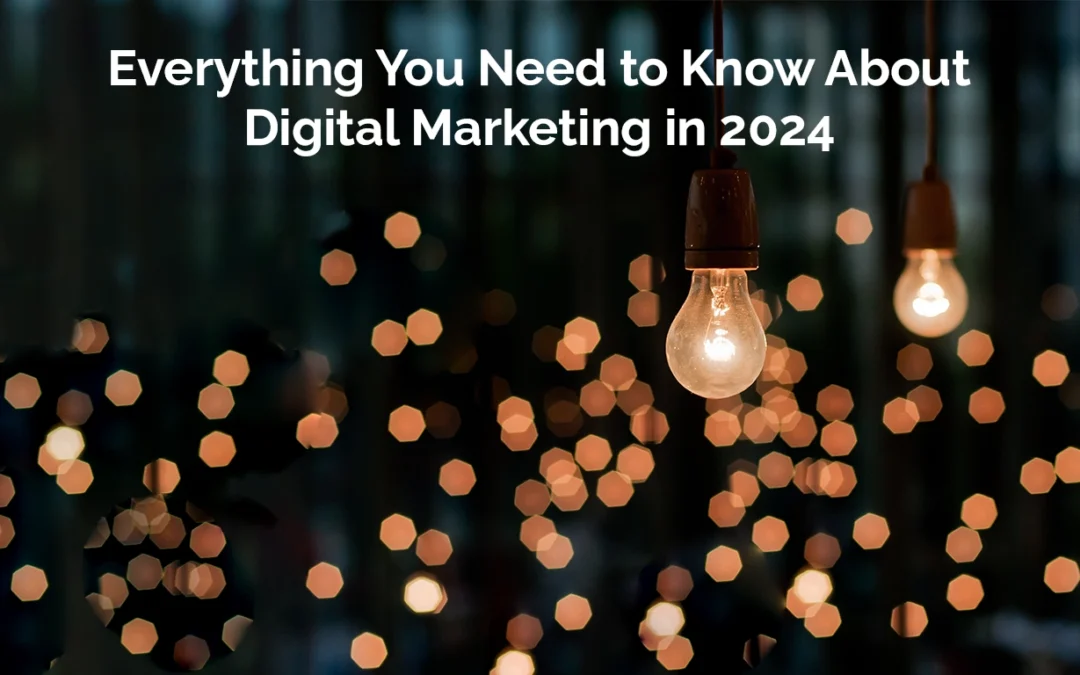In today’s digital age, online marketing has become a cornerstone for businesses aiming to expand their reach and attract potential customers. But what exactly is online marketing, and why is it so crucial in today’s landscape?
Online marketing, also known as digital or internet marketing, is the art of leveraging the internet to promote products, services, or brands to a wide audience. It involves creating and distributing digital content that captivates, engages, and converts users into customers. Unlike traditional marketing methods like TV, radio, or print ads, online marketing offers unique advantages such as global reach, real-time measurement of results, and quick adaptability.
The beauty of online marketing lies in its versatility and multitude of strategies and tactics. From search engine optimization (SEO) to pay-per-click (PPC) advertising, email marketing, social media engagement, and more, businesses have a plethora of tools at their disposal to connect with their target audience.
Let’s delve deeper into the various benefits and types of online marketing strategies:
Benefits of Online Marketing:
- Cost-effectiveness: Compared to traditional marketing channels, online marketing is often more budget-friendly. With free or low-cost content creation and distribution options, coupled with tools like Google Analytics for result measurement, businesses can maximize their ROI.
- Targeted approach: Online marketing allows for precise targeting based on demographics, interests, behaviors, and location. This enables businesses to tailor their messaging to specific segments of their audience, thereby enhancing conversion rates and fostering customer loyalty.
- Flexibility: One of the key advantages of online marketing is its flexibility. Businesses can adapt their strategies and tactics based on evolving goals, budget constraints, and feedback. This agility enables A/B testing, experimentation with new channels, and real-time campaign optimization.
- Scalability: Online marketing empowers businesses to reach a global audience with minimal resources. Leveraging social media, email marketing, and search engines enables businesses to amplify their message and generate leads and sales on a larger scale.
- Trackable results: Unlike traditional marketing methods, online marketing offers robust tracking and measurement capabilities. Businesses can gain insights into website traffic, user interactions, and conversion rates, allowing for data-driven decision-making and continuous improvement.
Types of Online Marketing Strategies:
- Search Engine Optimization (SEO): SEO involves optimizing website content, structure, and user experience to improve visibility in search engine results pages (SERPs). A strong SEO strategy enhances organic traffic and boosts brand awareness.
- Social Media Marketing: Social media platforms like Facebook, Twitter, Instagram, and LinkedIn are leveraged to connect with audiences, share content, and build communities. Social media marketing enhances brand recognition, engagement, and customer service.
- Content Marketing: Content marketing uses valuable, relevant content to draw in and keep target audiences engaged. By offering valuable content, businesses can build trust and credibility with their audience, ultimately driving conversions.
- Pay-Per-Click Advertising (PPC): PPC advertising involves paying for each click on an ad, which can appear on search engines, social media, websites, or apps. PPC offers immediate results and enables precise targeting, making it an effective strategy for increasing brand awareness and driving conversions.
- Influencer Marketing: Influencer marketing involves collaborating with influencers in specific niches to promote products, services, or brands. Leveraging influencers’ credibility and large following helps businesses expand their reach and drive engagement.
- Affiliate Marketing: Affiliate marketing entails paying a commission to external partners for promoting products or services. This strategy extends businesses’ reach and drives conversions through external salespeople.
- Email Marketing: Email marketing involves sending targeted emails to subscribers or customers to share information, build relationships, and encourage action. Email marketing enables personalized communication and fosters customer engagement.
Examples of Online Marketing in Action:
- HomeToGo utilizes PPC advertising to target users searching for accommodation options, optimizing ads for specific keywords to drive traffic to its listings.
- BuzzFeed employs email marketing to segment its audience and deliver personalized content recommendations, driving traffic to its website.
- Starbucks leverages social media marketing to engage with customers, promote the brand, and launch interactive campaigns like the #RedCupContest on Instagram.
- Amazon runs one of the largest affiliate marketing programs, allowing website owners and bloggers to earn commissions by referring customers to its site.
- Glossier partners with influencers across social media to reach potential customers through trusted voices in the beauty community, driving brand awareness and engagement.
How to Get Started with Online Marketing:
- Define your target audience through market research and competitor analysis.
- Set clear, SMART goals that align with your business objectives.
- Choose appropriate channels and platforms based on your goals and target audience.
- Develop a content strategy focused on creating valuable, relevant, and engaging content.
- Create high-quality content that resonates with your audience and drives action.
- Measure and analyze results using tools like Google Analytics and Semrush.
- Refine and iterate your online marketing strategy based on insights and feedback, staying flexible and adaptable to changes in the digital landscape.
Harness the power of online marketing to connect with your audience, boost engagement, and achieve your business dreams. By leveraging the right strategies and tactics, businesses can navigate the digital landscape effectively and achieve sustainable growth in today’s competitive market.

By Shea Bramer
Digital Media Director
March 5th, 2024
Digital Marketing Strategy


Recent Comments